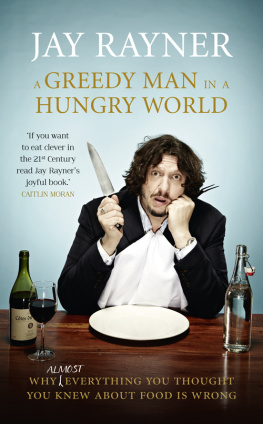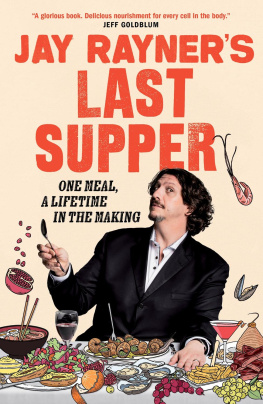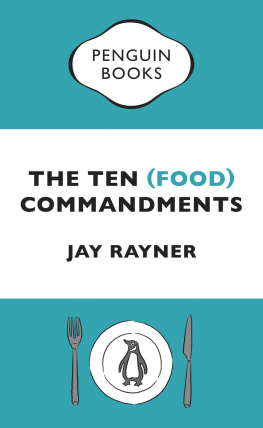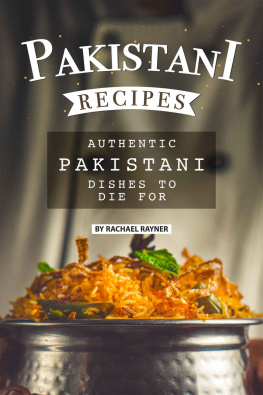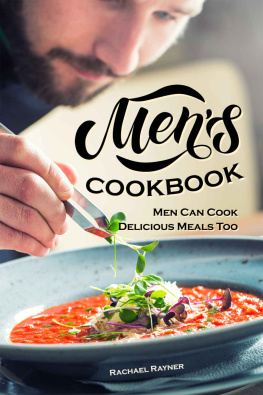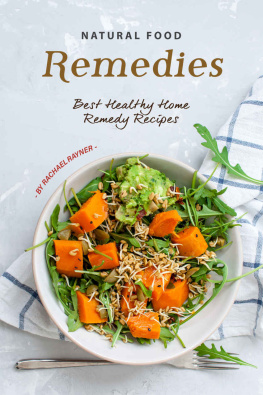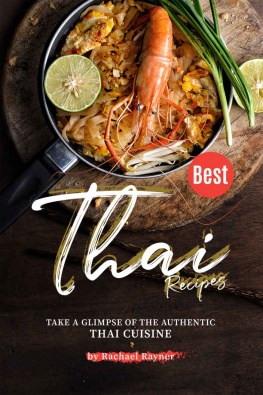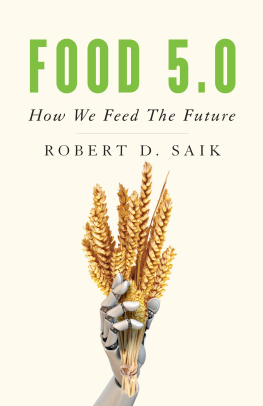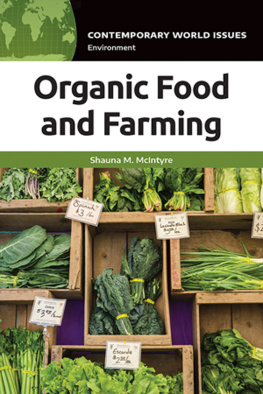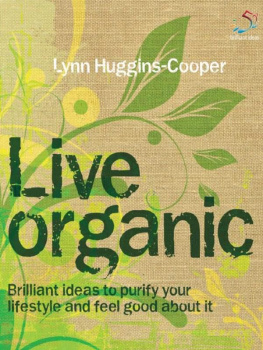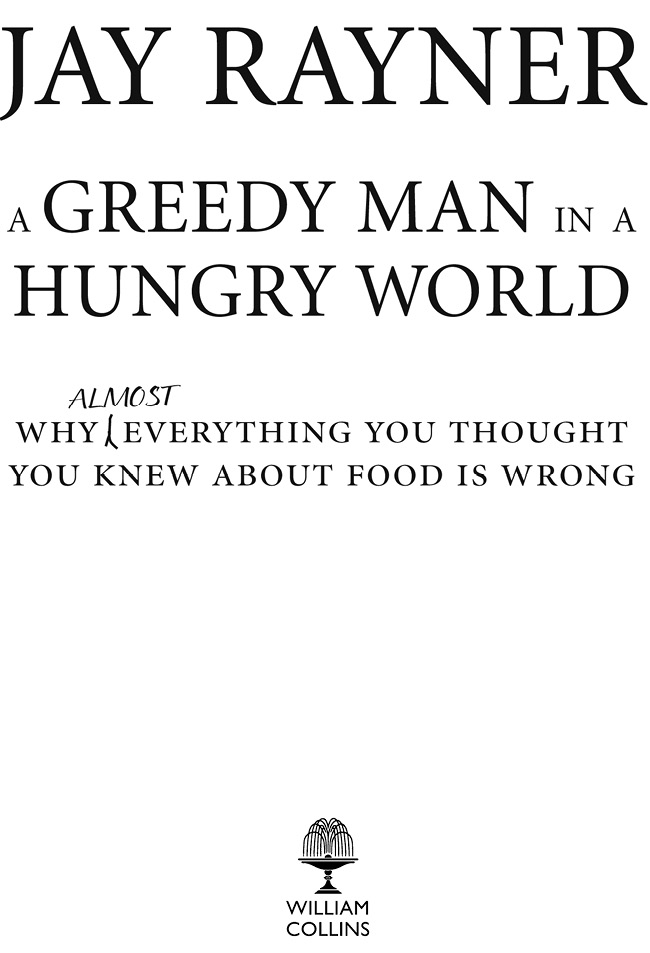For Sarah and Jerry, who have always fed me well.
I am a greedy bastard. For the sake of appearances, I could lie about this. I could tell you that my appetites are entirely unremarkable; that my relationship with food does not dominate my every waking moment. But we both know this would be a lie as big and fat as each of my really quite awe-inspiring thighs. I have earned those thighs. Every shadowed dimple of cellulite has been put there courtesy of a restaurant bill. If you are eating while reading this book, if perhaps you thought that a book about food culture in the twenty-first century would be the perfect companion to a meal taken alone, and the image of my over-engineered, middle-aged, lard-heavy thighs is now putting you off your food, then obviously I apologize. That said, I cant really empathize with you. Nothing puts me off my dinner.
This is less a confession than a vital piece of background information. Otherwise you might assume, as I lead you on a journey through the knotty complexities of how and what we eat now, that it was all merely some academic exercise on my part. It is nothing of the sort. It is motivated by lust and appetite. Even as Im typing Im thinking about what Ill be having for dinner later on. At some restaurant with the word pig in the title. I like pig. I admire the way its skin crisps so perfectly, the way the fat melts, the way it takes a cure so enthusiastically, producing the very best of charcuterie; salamis spiked with fennel or green peppercorns; chorizos so heavy with paprika they stain your fingertips orange as you get the oily slices from cutting board to mouth. Theres intense, earthy black pudding, and its Spanish cousin morcilla; bacons, singed rust and bronze in the pan, and pork scratchings that threaten to take out a filling, and
Sorry. I think I got a little distracted there. Where was I? Oh yes. Greed, namely mine, and its impact upon my work. The point is that a lot of books written about food policy, responding to the undeniably serious issues involved, can take on a pinched and troubled aspect, as if the subject under discussion were the correct interpretation of something profound but strangely unintelligible uttered by the Dalai Lama, rather than an examination of what may well end up as lunch. Whenever I am thinking, asking questions or writing about food, the one question I am always asking myself is: how will this eventually impact upon my lunch?
Some may regard this as a moral failing, will think that too much appetite can get in the way of a cool and collected appraisal of the facts. I see it differently. Just as theres no point reading a book about sex written by a nun, or a book about morals written by a banker, theres also no point reading a book about food written by a picky eater. Sometimes gluttony isnt a vice, its a virtue, and this is one of those occasions. Though I accept I may just be attempting to excuse my own failings. If I am, Im doing a bloody good job of it, dont you think?
Either way the fact remains: my name is Jay Rayner and I am a greedy bastard.
Live with it.
1.
It would suit the narrative if I could claim that, from the moment I laid eyes upon the chicken, I knew I had to have it; that I was overcome by a greed and hunger verging on the carnal. Granted it was one damn beautiful chicken: good sturdy legs for the brown meat fetishists, a robust skin with the ivory promise of plentiful fat deposits underneath; breasts big enough to make Pamela Anderson wince with jealousy. But the truth is it wasnt the chicken I saw first, but the entire meat carnival of the butchers shop. I had heard tell of Lidgates in Holland Park before, of course. Its one of those high-end butchers that food obsessives dribble into their computer keyboards over, when describing their shopping adventures. Its the kind of place you visit with more money than sense.
Lidgates has been trading for 150 years, has remained in the same family throughout that time and has won countless awards for what, in cheaper parts of town, would be called their ready meals but here are called baked goods. The window is full of their ready-to-cook shepherds pies, the surface of the mash as carefully raked as the gravel outside a stately home. There are boeuf bourguignon pies and pesto-smeared saddles of lamb, and their own enormous sausage rolls, wrapped in the flakiest of butter-rich pastry. The shop is tiled inside and out in Edwardian shades of jade green. The butchers wear straw boaters as if its an entirely reasonable thing to do. (It isnt.)
I stepped inside and waited in the narrow space in front of the counters with the Holland Park yummy mummies, smelling of Jo Malone products jasmine and mint, wild fig while others were served. I was not entirely sure what I was going to do. I like butchers shops, worked in one of them at weekends as a kid. I like the promise of all that meat; like to think about what it could become. I like to think about what pleasure it could give me. I particularly like high-end butchers shops, as if the pleasure I can achieve can in some way be correlated on a graph against the cost of the produce on offer. I like all this, while also knowing it is wrong and deluded, that the quality of the meal will actually depend on my ability to cook those ingredients sympathetically. I listened to a butcher weigh off a piece of beef and quote the price. My eyes widened. I have spent big money on my dinner before, paid unconscionable sums for bits of dead animal, but this was in a new category.
Then my gaze fell upon a small chicken, slapped with the label organic free range, from Otter Farm. Yours for 12 a kilo. Later I would check the going rate for whole fresh chicken in the supermarkets that week from 2.04 a kilo to as much as 6 a kilo for a free-range organic bird but even without checking I knew that this wasnt just expensive; that this chicken laughed in the face of expensive. It had migrated to a new and unique category located somewhere between nose-bleeding and paralysing.
In its favour these were small birds of little more than a kilo, and so, individually, a whole chicken was likely to come in at less than 20. I had paid 18 for a bird once before, a free-range organic number from Borough Market in south London, a place so expensive I never went there carrying plastic, only cash so as to put a limit on what I could spend. This would, in turn, enable me to carry on buying shoes for my children. Buying the 18 chicken had made me feel dirty and wrong, albeit in a good way; but the point is that these Lidgates birds were within my tolerances for excess.
Thats when I saw it, on a glass shelf, creamy-coloured arse to the shop, as though its skin tones had been picked out of a Farrow & Ball catalogue. This free-range, non-organic chicken was big. Very big. I asked the butcher to put it on the scales. It weighed just over 3.2kg. At 9.90 a kilo. That will be 31.78, he said, his straw boater rested at a jaunty angle. I let out a hiss of breath, like the air leaking from a punctured bicycle tyre. Did I want it? the nice chap asked me.
Did I want it? Yes. Yes, I did want it. Who wouldnt? A chicken costing more than 31? What would that be like? Surely it had to be the ultimate chicken, the king (or, more precisely, the queen) of birds? Surely if I paid I did the sums quickly over 75 per cent more for a chicken than I had ever paid before I would accrue an equivalent amount more pleasure from the experience than I ever had before? At the very least wasnt it my responsibility to find out? Wasnt that what I did these days? As I left the shop, I noticed a sign in the window signed by David Lidgate, the current family member to be custodian of the business, to the effect that all their chickens were bred and supplied by small farms. We pay our farmers a fair price. It felt like he was getting his apology in first.

